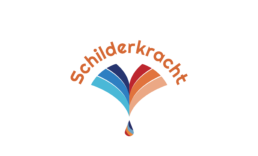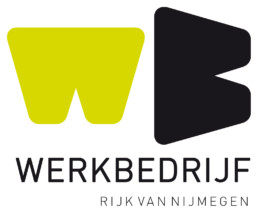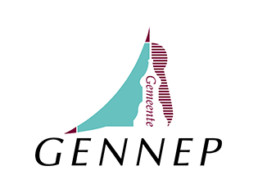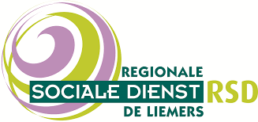“It went fine, but we thought it was so strange that he didn’t greet one customer who came in.”
A drugstore employee about a student who came to test run for a day. He did his best to be as modest and restrained as possible.
“I understand everything that is said in Dutch class, but I don’t understand anyone outside the classroom!”
Almost all students have difficulty with the speaking level of Dutch people who are not used to speaking with non-native speakers.
“Can you tell me where the sore spots are?” (Where does it hurt?)
In many different sectors, not only is spoken at a high level (above B1 language level), but also written communication often starts from C1.
“Every time I spoke to him he didn’t look at me. It seemed as if he didn’t want to hear it or something ”.
In many cultures there is a great hierarchical distance between the employee and the employer. Not looking at your boss shows respect and submission.
“Every time an invoice has to be signed, they ask a hundred questions about it and then it has to be taken home!”
In Eritrea, there is generally suspicion about anything related to the government. Nobody can be trusted if they want money from you. The invoices therefore always had to be checked with their own community before they could be signed.
Whether you like sausage !!
Maybe you recognize it in yourself or you have seen it around you. You start to speak louder when you notice that the other person doesn’t understand you.
People are generally so used to speaking at their own language level that it really takes some time and effort to switch back to a level that matches someone who does not speak your native language well. And what level is that actually?
Look at me when I talk to you !!
Even things that are terribly self-evident to us are not at all in other cultures. For example, making eye contact is a matter of course for us, a sign of rudeness for others.
In some cultures, it is a virtue for women to be as shy and reserved as possible, while Dutch women are expected to ‘stand their ground’, no matter how contradictory this expression may sound.
In short, what is right or wrong, polite or rude, heard or unheard of differs enormously from culture to culture. This all sounds very logical and may not be entirely new to you, but many people are quite unconsciously incompetent at dealing with these intercultural communication differences.
Excuse me? You mean ‘may I please?’
Intercultural communication is communication that takes place between people from different cultural backgrounds. When promoting communication, you can mainly think of learning a common language. Speaking the Dutch language is an important goal for every newcomer to the Netherlands, which is made mandatory by the government. Everyone agrees on this. It starts with language. But … it doesn’t stop there. Communication takes place in many more ways than just language. The way in which language is used, the choice of words, the sentence constructions (the way in which it is sent) play a role, but the interpretation also plays a role (the way in which it is received). This definitely has to do with an individual’s background. The norms and values that have been learned and applied throughout his or her life. You really cannot get it out just like that.
They can get a kick in the ass!
Nederlands de Baas has many years of experience in communicating with people from other cultures and building bridges between the receiving society and the different cultures that we may / must receive.
Just as every form of communication works both ways, Nederlands de Baas also works both ways. We give workshops to native people in the workplace to offer tools in adapting their language use in everyday speech but also in writing to the level of low-linguistic colleagues. We are also happy to give an insight into the background and culture of the country where the new colleague comes from. These are seemingly minor actions but they can be crucial in generating understanding, patience and cooperation among colleagues.
On the other hand, we provide support and guidance to foreign-speaking people who are just starting to work at a Dutch company. This support takes place both in the field of language and in the field of non-verbal communication. The focus is on learning the jargon. In addition, there is also a meeting with the employee concerned and thinking about ways to make the integration in the workplace as smooth as possible.

















